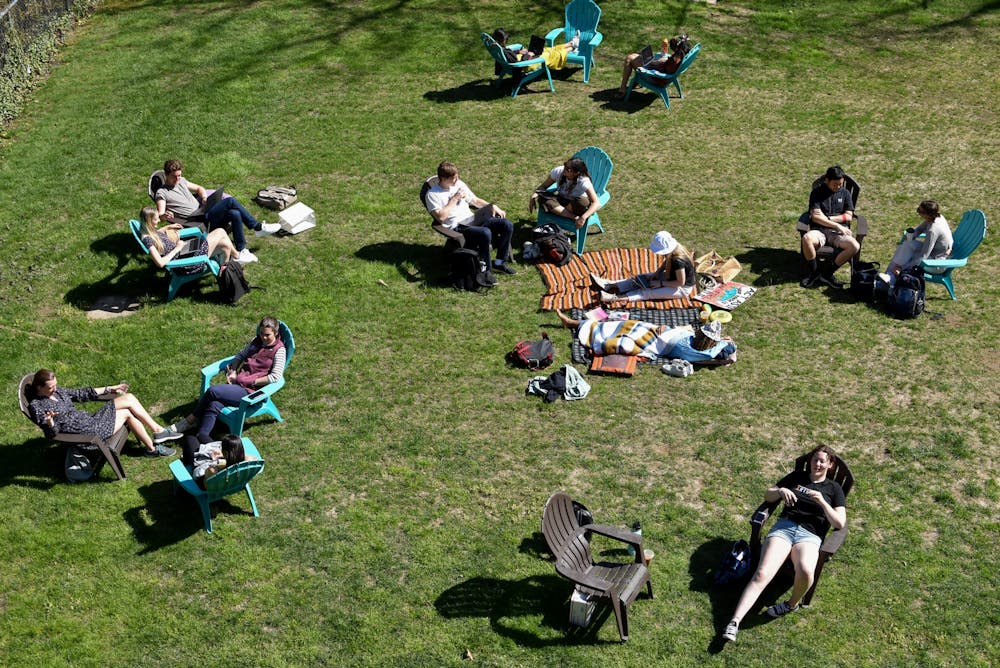For a fleeting moment in the middle of 2020, the flu pandemic of 1918 was relevant once again.
In all my years of history classes, the pandemic that killed about three times as many as those who died in World War I had rarely merited more than a passing mention. But at the height of the COVID-19 pandemic in 2020, it seemed that the flu pandemic of 1918 was being remembered once again. One history teacher told me that those in the field were reevaluating the 1918 pandemic and that maybe it would get a more prominent place in classrooms going forward.
Yet three years since the world shut down, not only has the 1918 flu pandemic faded back into historical obscurity, but I also worry that COVID-19 is headed in the same direction. Classroom mask mandates ended in Princeton barely a year ago, yet the entire affair seems to feel more and more like a passing dream.
So what, we might ask? Why should we look back? I think we should remember, for two reasons.
The first reason is that Princeton has changed, and we can only see what’s gone right and what’s gone wrong when we notice the changes. Technology has changed: Three years ago, some classes still had handwritten problem sets submitted in a mailbox. Today, the online portal Gradescope is the universal norm. Our community has changed: Organizations that relied on in-person programming are still struggling to recover from nearly two years of uncertain openness. And while Princeton has raced towards a fully in-person experience, the workplace students are graduating into has changed: Jobs are more and more likely to be completely remote.
But there’s a second reason to remember: simply that March 2020 is worth remembering. The months that so many of us spent in near-total isolation are going to seem unimaginable to those in the future — they’re hard for us to imagine ourselves. The death count remains absolutely staggering. Few world events affected as many people as suddenly as COVID-19 did. It shouldn’t be buried as a historical footnote.
We’re swimming against the tides of history. The dramatic events of March 2020 are hard to tell because they took place in homes and schools more than on the floor of Congress. The characters of COVID-19 will never be as compelling as those of a contested election or even an inspired activist movement.
We cannot control how history will treat the present. But we can give the most accurate history a fair chance by telling the stories rather than forgetting them. So today, as the last class that was on campus on March 13, 2020, is just months away from graduating, we choose to remember the past three years of COVID-19 at Princeton and reflect on how our campus has changed.

Rohit Narayanan is the 147th Editor-in-Chief of the ‘Prince.’ He can be reached at eic@dailyprincetonian.com.









